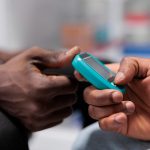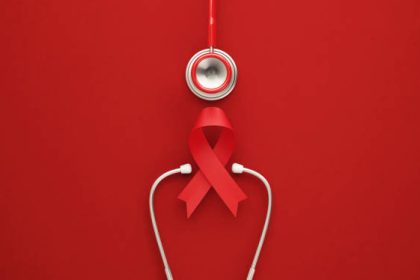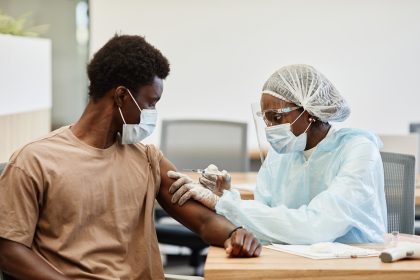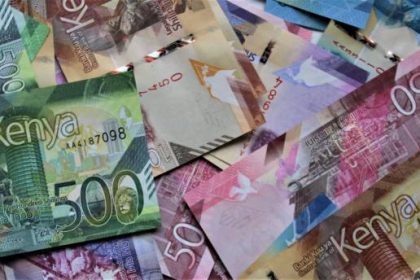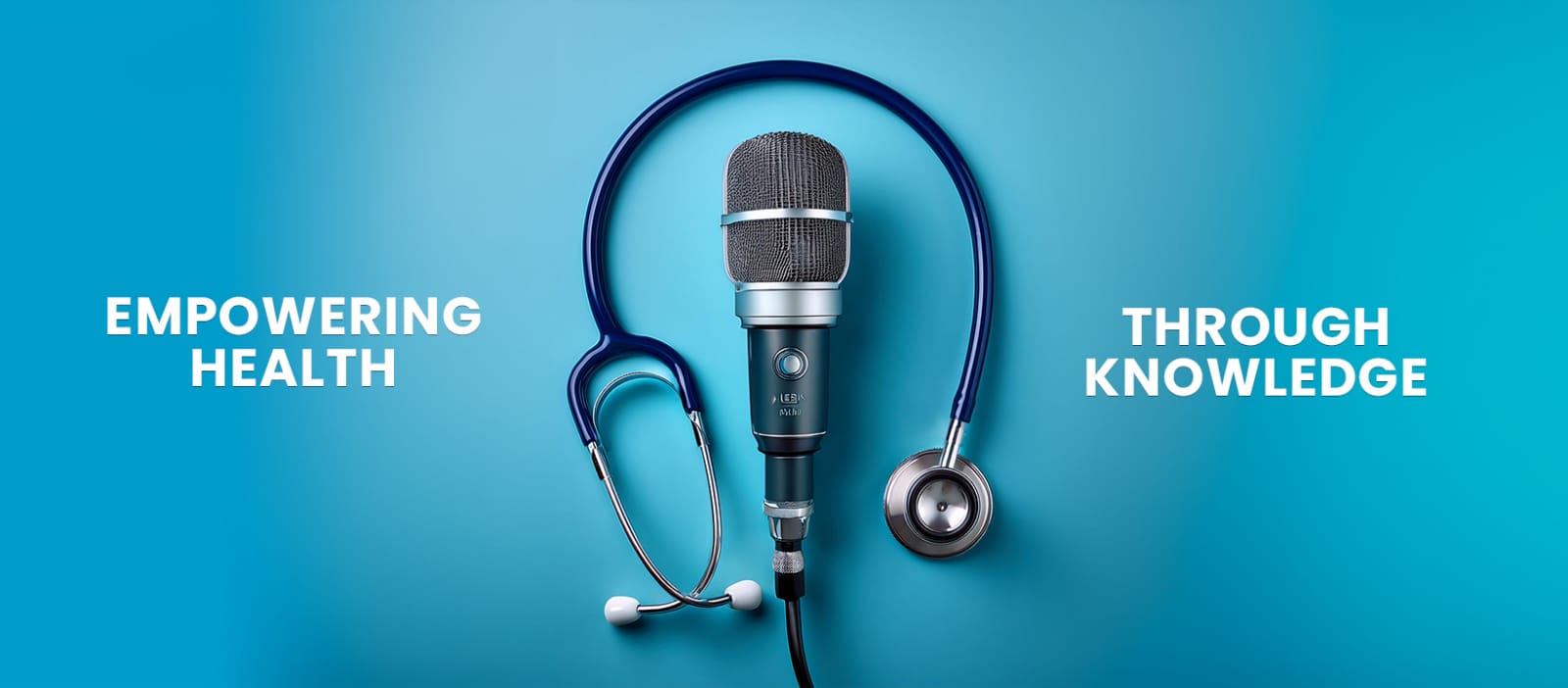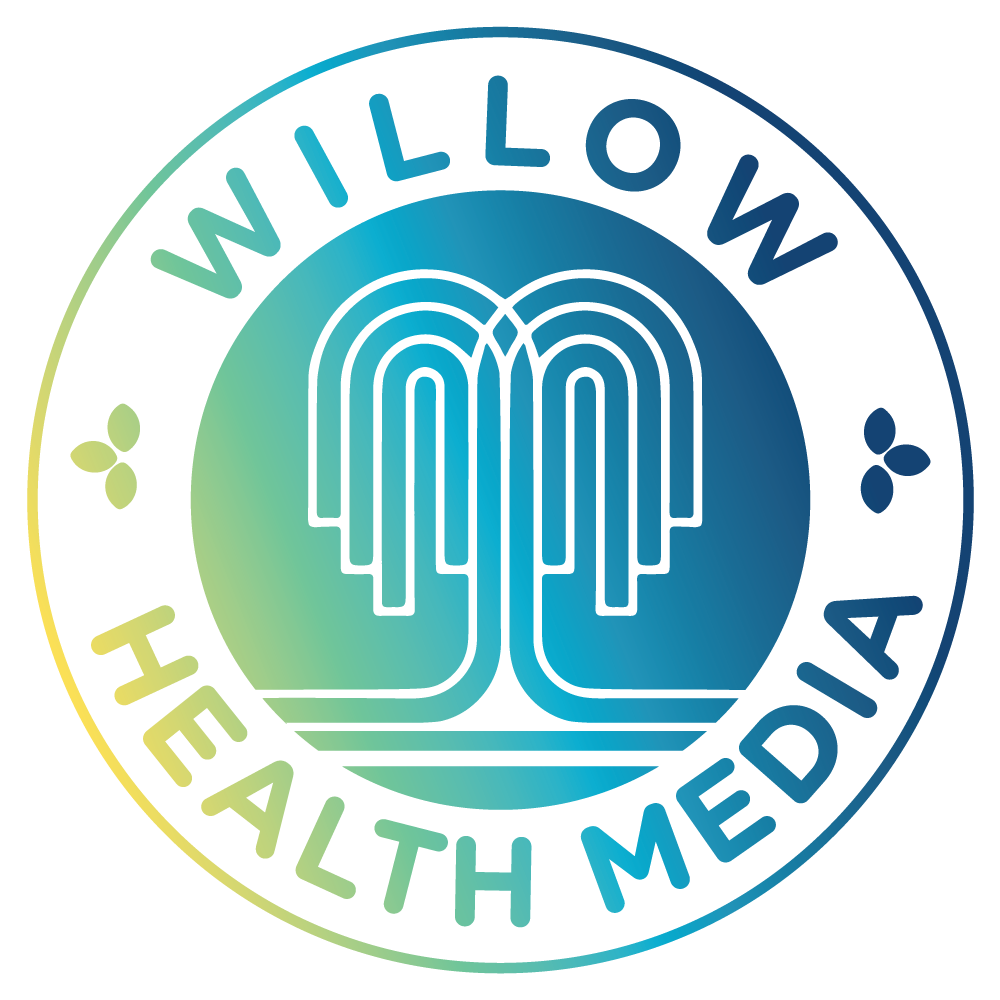The stock of mosquito nets will not last beyond May this year, says Dr Evans Kiprotich, Uasin Gishu Health boss
Pregnant mothers who have been benefitting from free mosquito nets in Uasin Gishu County will soon have to dig into their pockets following the withdrawal of foreign aid from the United States through its organisations including the United States Agency for International Development (USAID).
Uasin Gishu Director of Health, Dr Evans Kiprotich, told Willow Health Media that US President Donald Trump’s orders would negatively impact healthcare services in Kenya as “the orders mean some initiatives like malaria prevention will be affected as we will not be able to continue giving nets to expectant mothers as we have been doing. The initiative was majorly funded by the USAID.”
According to Dr Kiprotich, the mosquito nets are available now but will not last beyond April or early May 2025.
“Malaria drugs and care are available because these are taken care of routinely by the staff in public health centres. The staff in this area will not be affected. The nets we have in the store and those that had been ordered can get us to May. Thereafter we will need to reorganise,” Kiprotich stated.
He said that giving mosquito nets to expectant mothers was a key preventive measure and vital to maternal health as “expectant mothers are more susceptible to malaria and the lack of nets would expose them to more risk,” Kiprotich adding that the county’s health management information system, which had significantly transformed service delivery, could be affected by the aid freeze from USAID and “we will need to take care of the internet connectivity, infrastructure, and other system management needs.”
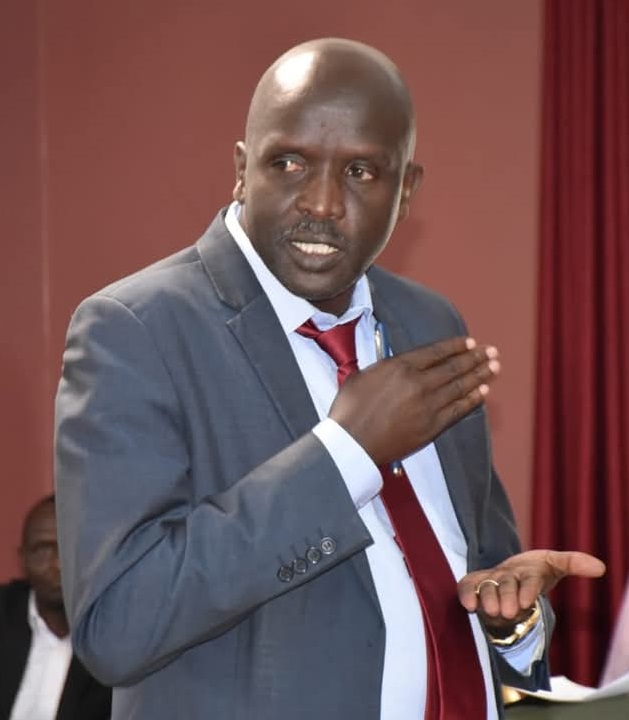
In 2014, USAID completed the first phase, including the installation of a local area network in Ziwa, Huruma, Burnt Forest, and Turbo Sub-County hospitals in Uasin Gishu, making it a pioneer fully operationalised county health information network.
Now the county will be forced to realign its budget and factor in key areas that have been affected by the policy changes in the US.
“We shall need significant budget changes to ensure we address any staff shortages, either through hiring or reassigning, and have our system up and running,” he said.
He also acknowledged that the county had joint programmes with the Academic Model Providing Access to Healthcare (AMPATH), a project under the patronage of Moi Teaching and Referral Hospital (MTRH) and a consortium of North American Universities.
“Concerning HIV care programmes that are not captured in the waiver, we may need to hire more new staff or realign the available ones because we have been benefitting from AMPATH’s staff support. We can’t quantify the support monetarily because they were taking care of their salaries,” the medic explained.
According to Dr Kiprotich, Uasin Gishu has at least 35,000 people living with HIV and actively using Antiretroviral drugs (ARVs). Out of this, 21,000 get their drugs from county facilities, and the remainder from AMPATH.
He also said the county sometimes receives staff support and HIV testing reagents from AMPATH but assured that the county was working with available resources to offer quality healthcare.
In 2024, the Chief Executive Committee (CEC) Member in charge of Finance, Micah Rogony, presented a Ksh9.8 billion budget, of which Ksh2.5 billion was allocated to the health docket. The county also anticipated conditional grants of Ksh278 million in the budget.
In a statement of Friday, January 31, 2025, AMPATH indicated that PEPFAR had saved millions of lives in Kenya and that an immediate cessation of its programmes would leave many Kenyans at risk.
“PEPFAR has transformed the global HIV/AIDS response for over two decades and saved the lives of more than 25 million mothers, fathers, brothers, sisters, and children thanks to the support from the American people. In Kenya, PEPFAR’s support has reduced new infections by 78 per cent and AIDS-related deaths by 57 per cent,” AMPATH stated.
It acknowledged that for 21 years, PEPFAR funding was the foundation of its programmes.
“We understand the need to review foreign assistance to ensure alignment with US priorities, but an immediate cessation in these vital care and treatment programmes puts real people’s lives at risk and creates conditions that will lead to more drug-resistant HIV, which puts the health and safety of everyone at increased risk,” AMPATH added.
The suspension of US Federal government-funded programmes for 90 days to align aid activities to the current administration’s policies has pushed several Kenyan organisations that benefit from these sponsorships to send their staff on compulsory unpaid leave.
The January 20 Stop-Work Order by Trump instructed all Federal agencies to halt all activities related to obligations or disbursement of foreign assistance for 90 days to allow for a review and realignment.
A limited waiver was later issued to PEPFAR implementing agencies and country coordinators in a memo stating that activities including life-saving HIV care and treatment, testing, counselling, and treatment of opportunistic diseases like tuberculosis would continue unabated during the 90-day suspension.
Prevention of mother-to-child transmission services including administration of Pre-Exposure Prophylaxis (PreP) for pregnant and breastfeeding women was also included in the waiver.
Even as emergency HIV care was allowed to continue utilising disbursed and allocated funds under tight monitoring, other healthcare programmes were dealt a blow.
Dr Philip Chebunet, a lecturer at the University of Eldoret and political strategist in Uasin Gishu County said the government now needs to focus on how it will navigate the tough phase without compromising healthcare services.
“The Kenyan government should engage Trump to rethink the new development,” argues Dr Chebunet besides readjusting the budgets and thinking of being self-reliant with homegrown solutions to problems.
“To reduce overdependence, we also need to seal loopholes of corruption and pilferage and encourage good governance. These vices could have irked Trump to react the way he did,” added the don.







